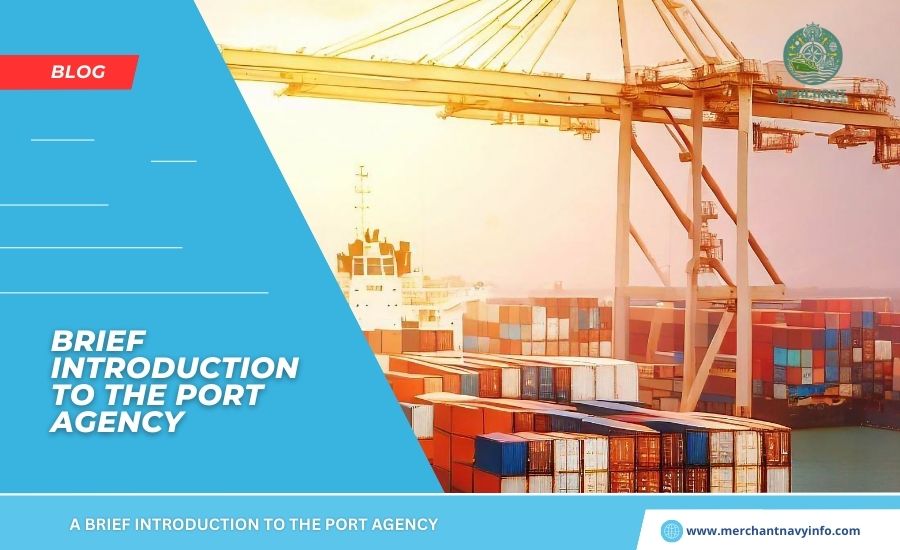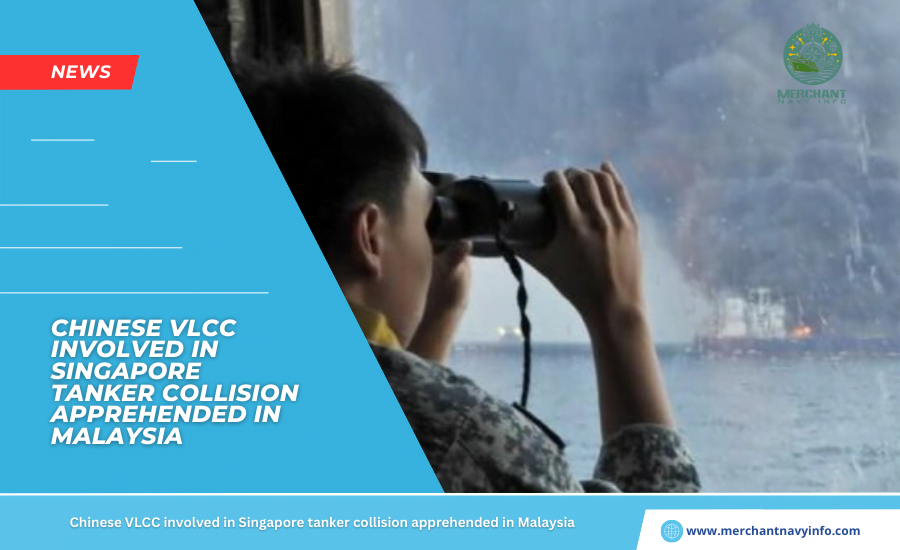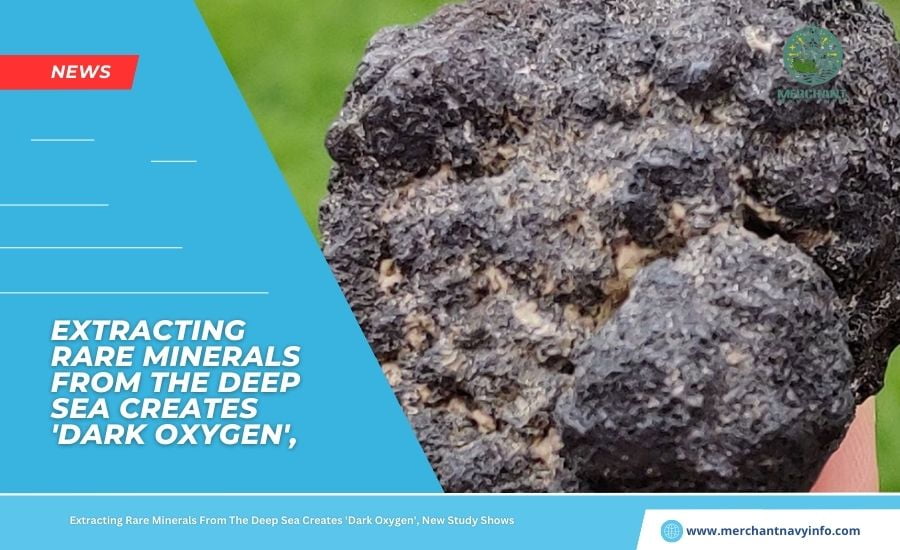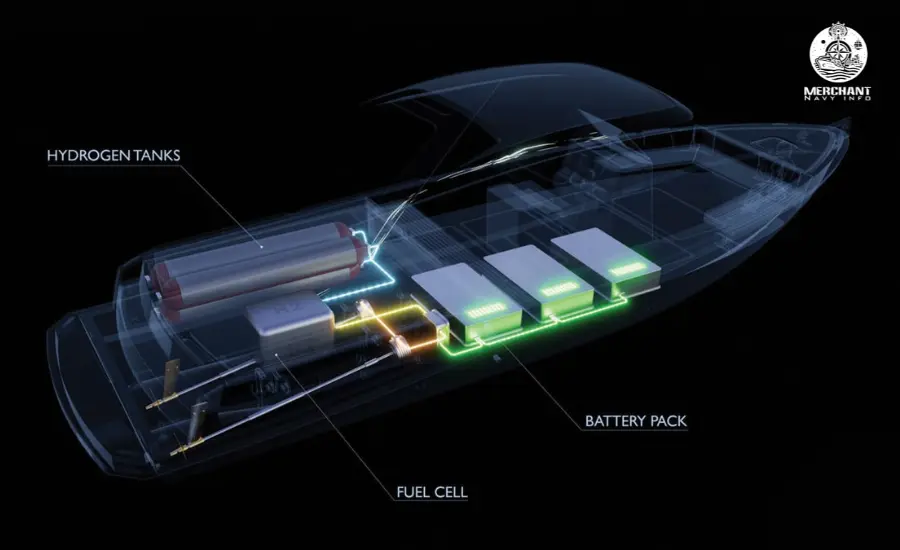
When it comes to maritime transportation, RoPax plays a pretty important role. It’s responsible for transporting both passengers and cargo. This allows it to connect trade and communities with efficiency. Hence, it’s able to conquer two huge dynamics in our world, in one fell swoop. Pretty neat eh? Still, with so many concerns over pollution rising every day, changes need to be made. This means Hydrogen Fuel Cells working toward a greener future. Plus, what better way to start with one of the biggest shipping fleets in the world? This is where hydrogen cells come in. They’re our way out from the upcoming dark ages of pollution!
Understanding hydrogen fuel cells
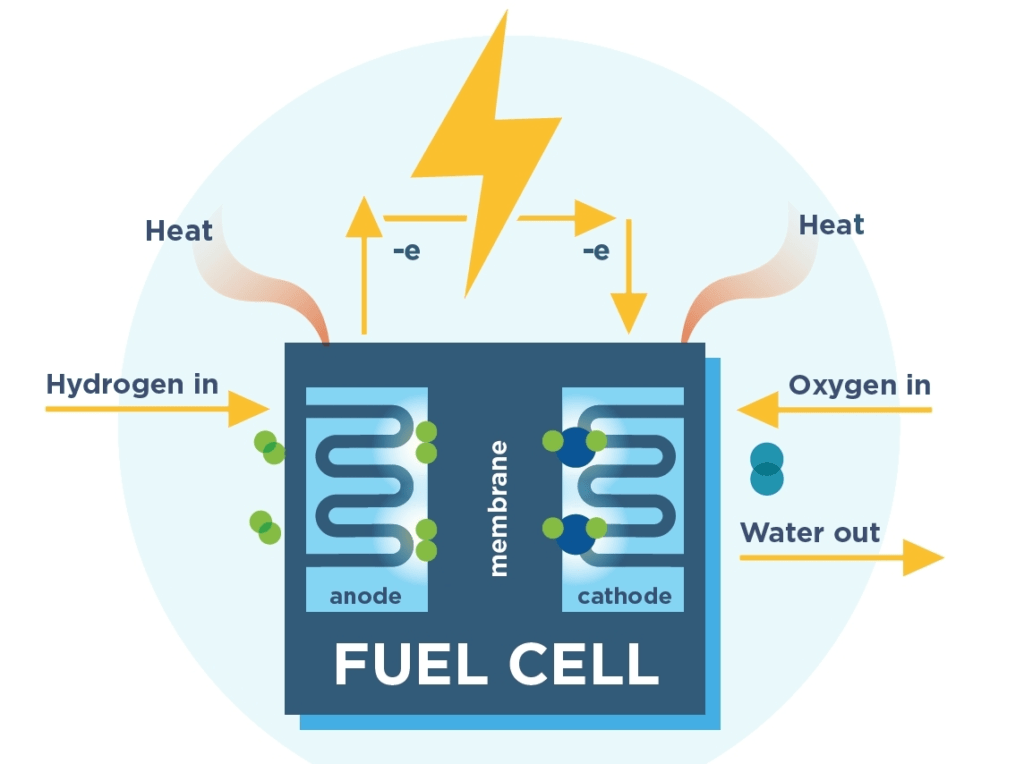
While it may seem like a hard concept to grasp, it’s pretty simple to understand. Don’t worry, we’ll walk you through it. See, in most of the world, at least right now, our go-to source of fuel is fossil fuels. These produce power and aren’t that hard or expensive to get your hands on. The thing is though, they cause the majority of the pollution we read about every day!
Thankfully though, there’s a better way to go about things. And that ladies and gentlemen, is where hydrogen fuel cells come into the picture. They’re more efficient, cause less pollution, and are just better in every possible way. An example of this is the fact that they cause zero greenhouse gas emissions. What could be cooler than that?
Advantages of the RoPax fleet

Now that we’ve talked a bunch about what hydrogen fuel cells are and why they’re so important, it’s time we take a deeper look into why they’re better than any other source of fuel available on the market right now:
Environmental sustainability:
This is probably the biggest factor at play here. Just think about it! These fuel cells emit zero greenhouse gasses. This means that they cause no pollution. What could be better than that? Thanks to this decision, RoPax can reduce its ecological footprint by a huge amount. It also ends up benefiting the earth as well!
Energy efficiency:
Back when fossil fuels were all the rage, nobody realized just how inefficient they were. You had to burn a huge amount for very little output. So when hydrogen fuel cells became popular, the first thing people researched on was their efficiency. Thanks to modern science, we learned that they’re way more efficient than their “fossilized” counterparts.
Noise reduction:
In the maritime world, the most popular style of engine is a diesel engine. The thing is, that is noisy and causes a huge amount of problems. For one, if you’re traveling on a ship operating on a diesel engine, you’d better pack your earbuds with you! They also cause a ton of noise pollution which is bad for the ocean’s marine ecosystem.
Versatility:
The best part about hydrogen fuel cells is how easy they are to use. You don’t have to come up with wacky new ship designs to make them work. They can fit into existing vessel structures with ease. That, coupled with the new designs that RoPax is working on every day, makes them the ideal fuel source.
Energy resilience:
Unlike fossil fuels, hydrogen fuel cells are a lot more reliable fuel source. They don’t just generate power, they also can store it for later. You can’t get that out of a diesel engine. This is why Hydrogen fuel cells are ideal for when ships have to undergo long journeys or are traveling in off-grid locations.
Case Studies and Industry Initiatives

You’re probably wondering whether there have been cases of these “hydrogen fuel cells” actually being used in the maritime industry. Don’t worry, they have and we’ve got a ton of examples to show you!
H2-ferry project in Norway:
When it’s about the environment, you can expect Norway to be leading the charge. These guys are developing a hydrogen-powered ferry. This will help decrease the cost and pollution created by ferry rides in coastal regions. This is especially important to be able to protect the marine life in the coastal regions over there.
Hyseas III initiative in Scotland:
The hyseas III initiative is all about being able to fit these hydrogen cells into existing vessels. This is to prove that this isn’t something that’ll be too costly or hard to integrate. And, it also shows how quickly and easily this transition to a greener energy source can be done. It will also help in decarbonizing ferry operations in remote island communities.
Collaborative efforts:
It’s not just RoPax that cares about the environment after all. There are a lot of stakeholders in the maritime industry. It’s their job to make sure that their operations on the sea don’t end up destroying the ocean itself. This is why several rules, policies, and regulations are being put into place to make sure the industry makes a transition toward the greener side of things.
Challenges and future outlook

Everything we’ve talked about so far probably makes perfect sense right? Well, we hate to break it to you, but like everything else, it’s not as easy as it sounds on paper. There are a lot of challenges to overcome to actually get things going!
Hydrogen production and infrastructure:
While the use of hydrogen fuel cells has been made apparent, there’s still the question of how they’ll even be made. As we mentioned before, this isn’t a cheap solution. They might be easy to integrate, but they’re certainly not easy to create. We still need to figure out real-world solutions on how to sustainably create and store them!
Technological maturity:
Again, while it all sounds great on paper, we still need to understand that we still have a long way to go. This kind of stuff requires some really advanced technology and we just haven’t unlocked it all yet. We’re still getting there and there’s still a ton of research that needs to be carried out.
Regulatory frameworks:
We also need to put policies in place to ensure everything is done by the book. We can’t just expect hydrogen fuel cells to pop up out of nowhere. There needs to be a set of SOPs to handle and store it safely. Certain frameworks need to be created and maintained to make this transition successful!
Outro:
There you have it folks. That was a deep dive into everything related to hydrogen fuel cells in today’s world. In case you weren’t paying attention, these are the next big thing. We’re going to need to pay a lot more attention to carrying out large-scale operations in a much more sustainable manner!




